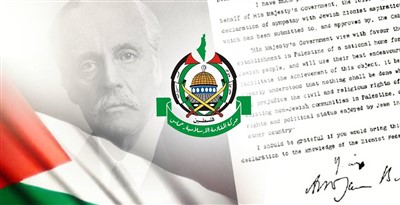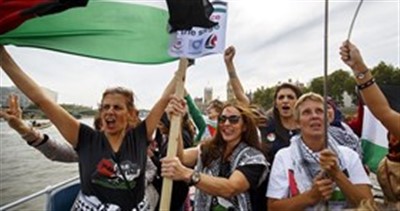By Julie Webb-Pullman

Fidel at José Martí Memorial, May Day 2006
The passing of Fidel Castro is of a baton, not just a life. The values he represented and the ideals he struggled for and in many areas achieved, will not die with him but continue to advance, not only in Cuba, but everywhere.
Fidel was not driven by money or power but by an insatiable quest for social justice and human dignity. He realised that human essence itself was at the centre of any revolutionary struggle, like José Martí before him.
Martí, the father of Cuban independence, and a guiding light of the Cuban revolutionary process, said in 1882:
“Contemptible times, these: when the only art that prevails is that of piling one’s own granaries high, sitting on a seat of gold and living all in gold, without perceiving that human nature will never vary, and the only result of digging up external gold is to live without gold inside!”
Fidel’s principled practice of power rested on according primacy to the human, rather than materialistic.
US intelligence reported that Castro:
“…places particular importance on maintaining a ‘principled’ foreign policy . . . [and] on questions of basic importance such as Cuba’s right and duty to support nationalist revolutionary movements and friendly governments in the Third World, Castro permits no compromise of principle for the sake of economic or political expediency.”
Fidel realized that we are only human insofar as we recognize and support the humanity of others, and that there are no borders to humanity – we are all interconnected, and must recognize and act from our common humanity not only in our own country, but with other people everywhere.
Converting a Russian naval base into a medical school that trained hundreds of doctors from scores of countries around the world, and supporting freedom struggles in the Congo, Palestine and Angola confirm this utterly principled approach.
Like Gaza under the Israeli siege, Fidel Castro did not choose the US blockade of Cuba, which caused such immeasurable hardship to the Cuban people and immeasurable damage to their economy.
Despite this blockade, rejected by the overwhelming majority of the world as successive United Nations votes demonstrate, Fidel Castro led his country through almost 50 years of social and political progress that has in some way benefited every single Cuban citizen bar none, as well as the illiterate, the sick and the disaster-affected in numerous other countries.
Also, against all odds, Fidel Castro led his country and his people through a ‘special period’ few expected Cuba to survive, conditions far worse than those that have brought down many lesser regimes.
The reason Fidel Castro survived as President, that he and his country got through such unprecedented hardship, is that he had the support of the vast majority of Cubans. Why?
It was not just that he always stood firm against imperialism whatever the cost, at times being the only world leader to do so. It was also because of the humanity of the man, his empathy for the vulnerable, the poor, and the suffering, and his commitment to fight for the dignity of all.
Some simple but little-known examples from daily life: Fidel made one of his first actions the creation of icecream parlours in the middle of the major cities, with subsidized prices, so every family could afford to take their children there for a treat.
Another was to guarantee a birthday cake from the state for every child until age six – a magnificent confection covered in icing that one sees almost daily in Havana being delivered by bicycle, motorbike or on foot.

To those very personal touches can be added the numerous population-based advances in education, health care and other areas that will undoubtedly be covered by others.
But to me it is Fidel’s humanity, his recognition that the essence of the fight against injustice is true awareness of ourselves and others, that is his greatest legacy.
“We are winning the battle for ideas… They discovered ‘smart weapons’ but we discovered something more powerful, namely, the idea that humans think and feel,” Fidel said in Caracas in 1999.
This is the ‘gold inside’ that Fidel devoted his life to discovering, and passing on.
Although Fidel’s death is undoubtedly a major loss to Cuba and to the world, this baton is being carried by those everywhere who believe that a better world for all is possible.
It has already arrived in Standing Rock. Fidel, presente.

 Contact
Contact Newsagent
Newsagent Login
Login



















